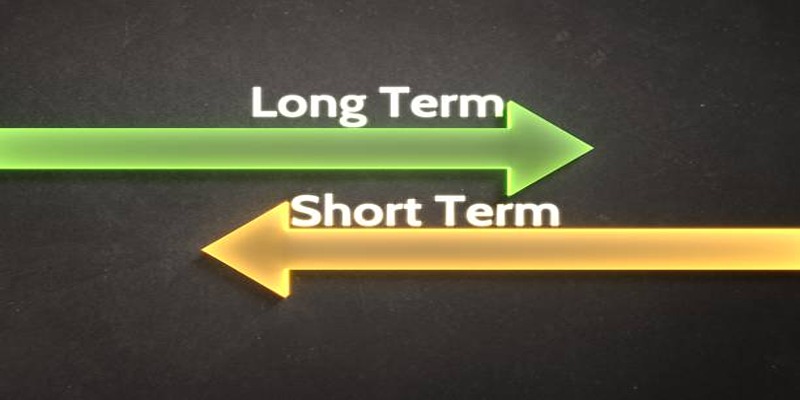Purchasing a home is an exhausting process, and mortgage, inspection, and closing procedures all require some attention. Yet the procedure can be reached adequately, when you are prepared and have sufficient information. This guide has all you need, namely, the initial information on financial preparation to moving in into your dream house. Discover the means of saving money, finding mortgage and preventing the most popular mistakes to help you to obtain a house fitting your budget and style.
Assess Your Financial Readiness

Before you start browsing listings online, take an honest look at your financial situation. This foundation will determine everything from your budget to your mortgage approval.
Calculate Your True Budget
Financial experts suggest allocating no more than 28% of your gross monthly income to housing costs, including your mortgage, property taxes, homeowners insurance, and any required private mortgage insurance (PMI).
Create a detailed budget that accounts for:
- Monthly mortgage payments
- Property taxes and insurance
- Maintenance and repairs
- Utilities and HOA fees
- Moving expenses
Check Your Credit Score
Your credit score directly affects your mortgage interest rate and loan terms. Most lenders prefer scores above 620 for conventional loans, though some government-backed programs accept lower scores.
Build Your Down Payment Fund
While 20% down payments were once standard, many first-time buyers purchase homes with much less. However, putting down less than 20% typically means paying PMI, which adds to your monthly costs.
Explore Mortgage Options for First-Time Buyers
Understanding different mortgage types helps you choose the best option for your situation and potentially save thousands of dollars over the life of your loan.
Conventional Mortgages
These loans aren't backed by the government and typically offer competitive rates for borrowers with good credit. They require PMI if you put down less than 20%, but you can cancel it once you reach 20% equity.
FHA Loans
Federal Housing Administration loans are popular among first-time buyers because they accept lower credit scores and down payments. The trade-off is mortgage insurance that typically lasts for the life of the loan.
VA Loans
If you're a qualified veteran or active military member, VA loans offer excellent benefits including no down payment, no PMI, and competitive interest rates.
First-Time Buyer Programs
Many states and local governments offer special programs for first-time buyers, including down payment assistance, reduced interest rates, and tax credits. Research programs in your area early in the process.
Start Your Home Search Strategically
Once you understand your budget and mortgage options, you can begin searching for properties that meet your needs and financial constraints.
Define Your Must-Haves vs. Nice-to-Haves
Create two lists: features you absolutely need and features you'd like but can live without. This helps you stay focused during your search and avoid falling in love with homes outside your budget.
Essential considerations include:
- Location and commute times
- Number of bedrooms and bathrooms
- Condition of major systems (HVAC, plumbing, electrical)
- Safety and neighborhood quality
- Future resale potential
Research Neighborhoods Thoroughly
Drive through potential neighborhoods at different times of day and week. Check crime statistics, school ratings, and planned developments that might affect property values.
Consider factors like:
- Proximity to work, shopping, and entertainment
- Public transportation options
- Future development plans
- Property tax rates
- HOA rules and fees
Work with a Qualified Real Estate Agent
A good agent understands the local market and can help you navigate the buying process. Look for someone who specializes in first-time buyers and has strong communication skills.
Your agent should:
- Provide market analysis and pricing guidance
- Schedule and attend showings
- Help you understand contract terms
- Recommend trusted inspectors and lenders
- Negotiate on your behalf
Navigate the Offer and Negotiation Process
When you find a home you want to purchase, crafting a competitive offer requires strategy and market knowledge.
Make a Competitive Offer
Your initial offer should reflect current market conditions, the home's condition, and comparable sales in the area. In competitive markets, you might need to offer at or above asking price.
Include these key elements:
- Purchase price and financing terms
- Contingencies for inspection and appraisal
- Desired closing date
Understand Common Contingencies
Contingencies protect you during the buying process by allowing you to back out under certain circumstances:
- Inspection contingency: Gives you time to hire a professional inspector
- Appraisal contingency: Protects you if the home doesn't appraise for the purchase price
- Financing contingency: Allows you to cancel if you can't secure a mortgage
- Sale contingency: Lets you back out if you can't sell your current home
Negotiate Repairs and Credits
After your home inspection, you might discover issues that need addressing. You can negotiate for the seller to make repairs, provide credits at closing, or reduce the purchase price.
Focus on major safety issues and expensive repairs rather than minor cosmetic problems. Remember that sellers aren't obligated to fix everything, so prioritize your requests.
Complete the Closing Process

The final weeks before closing involve several important steps that ensure your transaction goes smoothly.
Secure Your Mortgage
Work closely with your lender to provide all required documentation promptly. This typically includes:
- Pay stubs and tax returns
- Bank statements
- Employment verification
- Asset documentation
Stay in regular contact with your loan officer and respond quickly to any requests for additional information.
Schedule Final Inspections
Arrange a final walk-through 24-48 hours before closing to ensure:
- Agreed-upon repairs were completed
- No new damage has occurred
- All systems are functioning properly
- The property is in the agreed-upon condition
Prepare for Closing Costs
Budget for closing costs, which typically range from 2-5% of your home's purchase price. These expenses include:
- Loan origination fees
- Title insurance
- Property taxes and insurance
- Recording fees
- Attorney fees
Avoid Common First-Time Buyer Mistakes
Learning from others' experiences can help you avoid costly errors during your home-buying journey.
- Don't Skip the Home Inspection: A professional inspection costs a few hundred dollars but can identify thousands of dollars in potential problems. Never waive the inspection contingency, even in competitive markets.
- Avoid Major Financial Changes: Don't make large purchases, change jobs, or open new credit accounts during the mortgage process. These actions can affect your loan approval and delay closing.
- Don't Drain Your Savings: Keep some money in reserve after closing for unexpected repairs, moving expenses, and emergencies. Homeownership comes with ongoing costs that renters don't face.
Final Thoughts
Buying your first home takes planning, patience, and persistence. Start by building a strong financial foundation and learning about the local market and mortgage options. Your starter home doesn’t need to be perfect—just a good fit for your current needs and budget. With preparation and realistic expectations, you’ll confidently navigate the process and start building long-term wealth.












